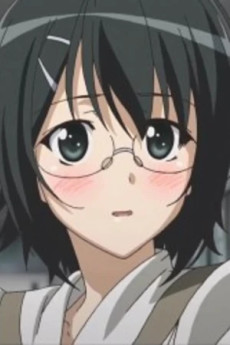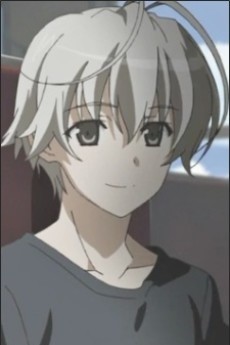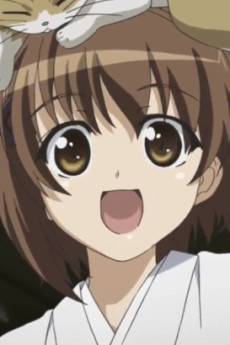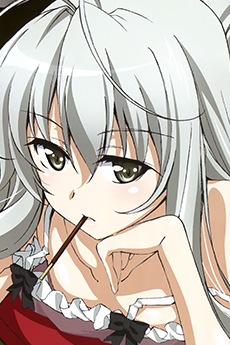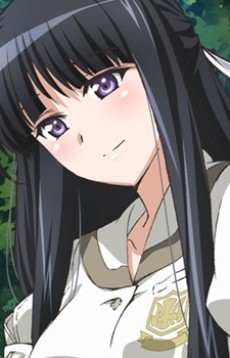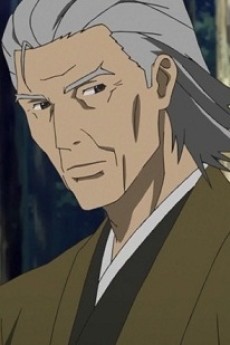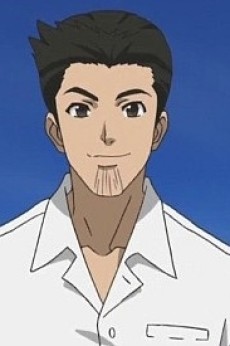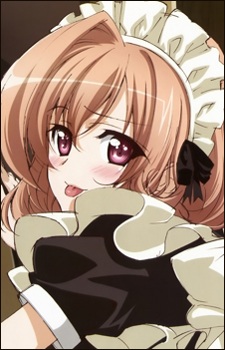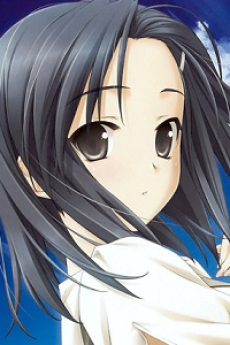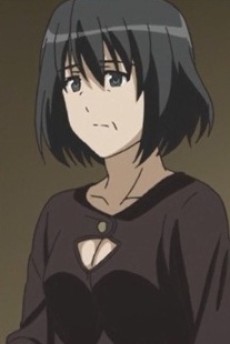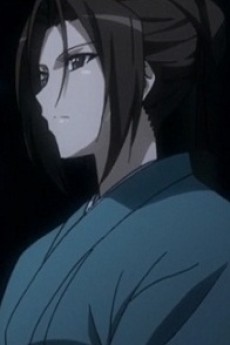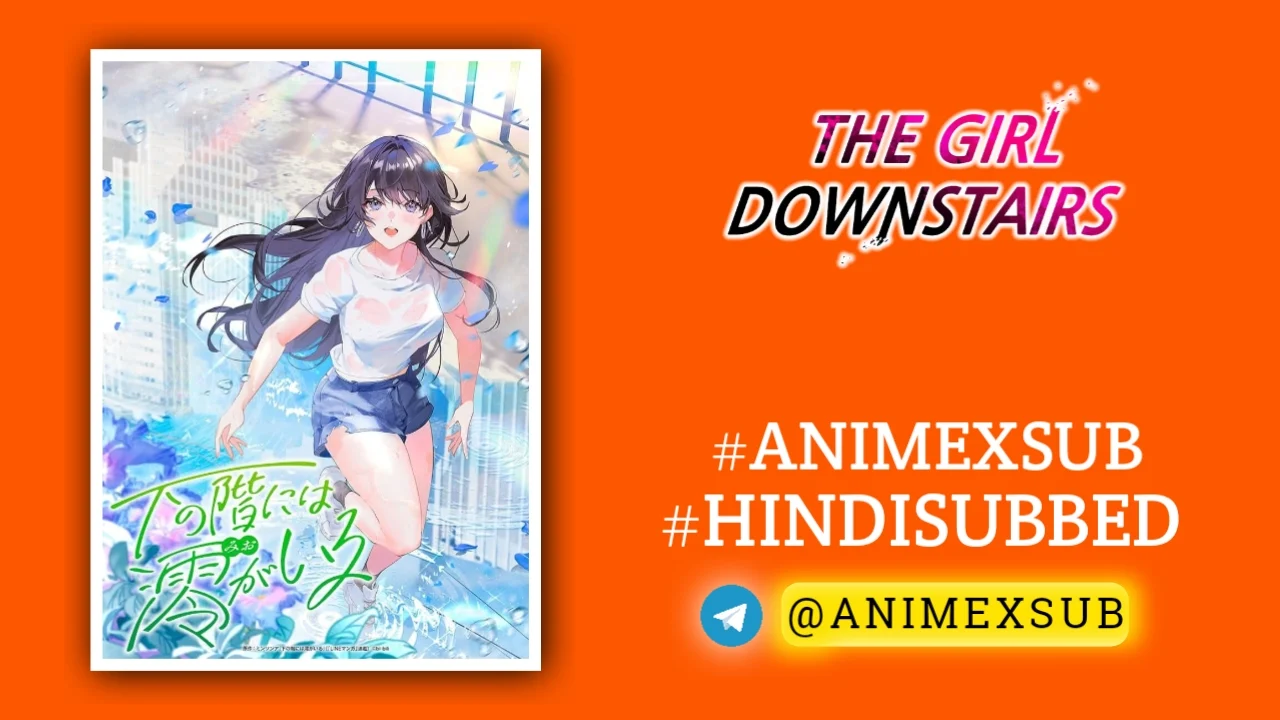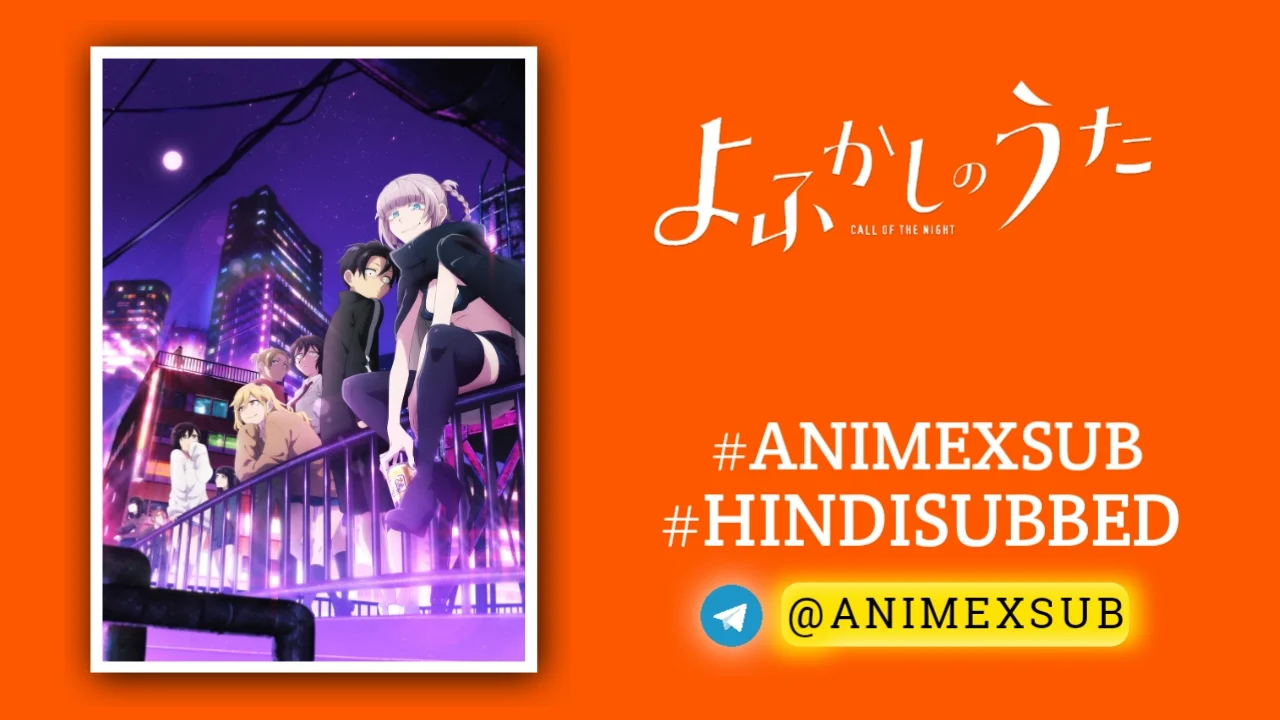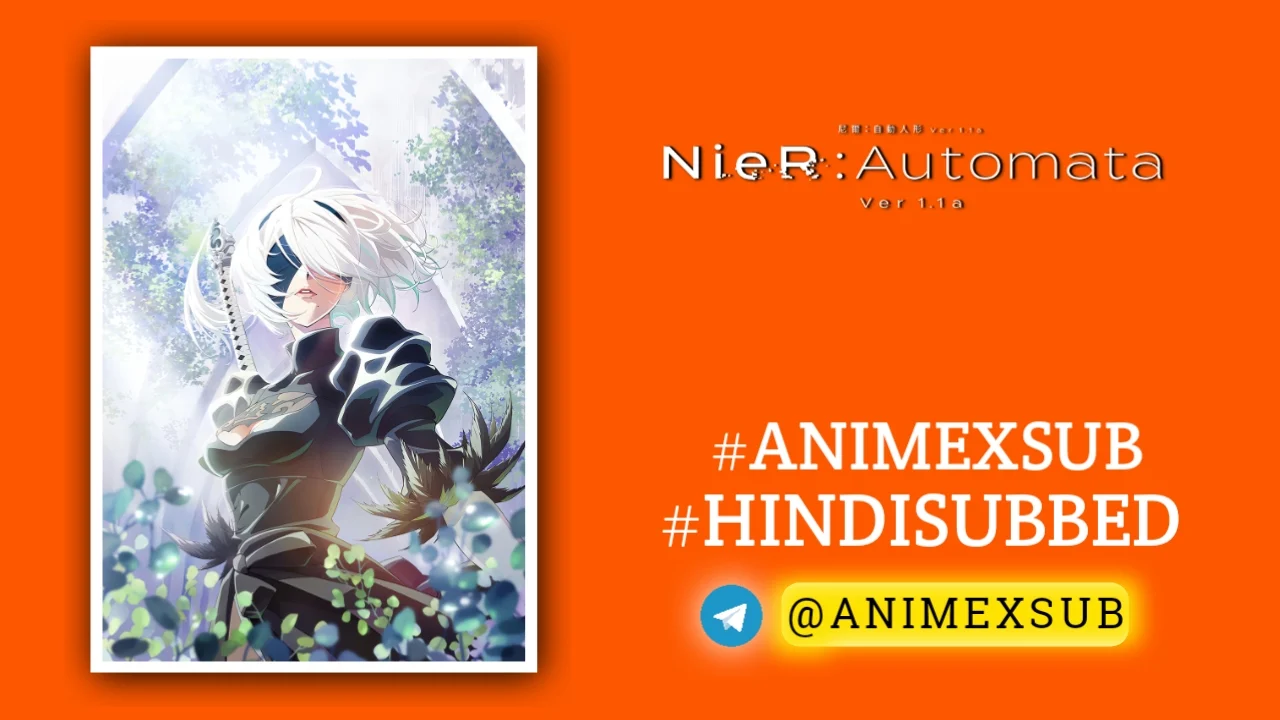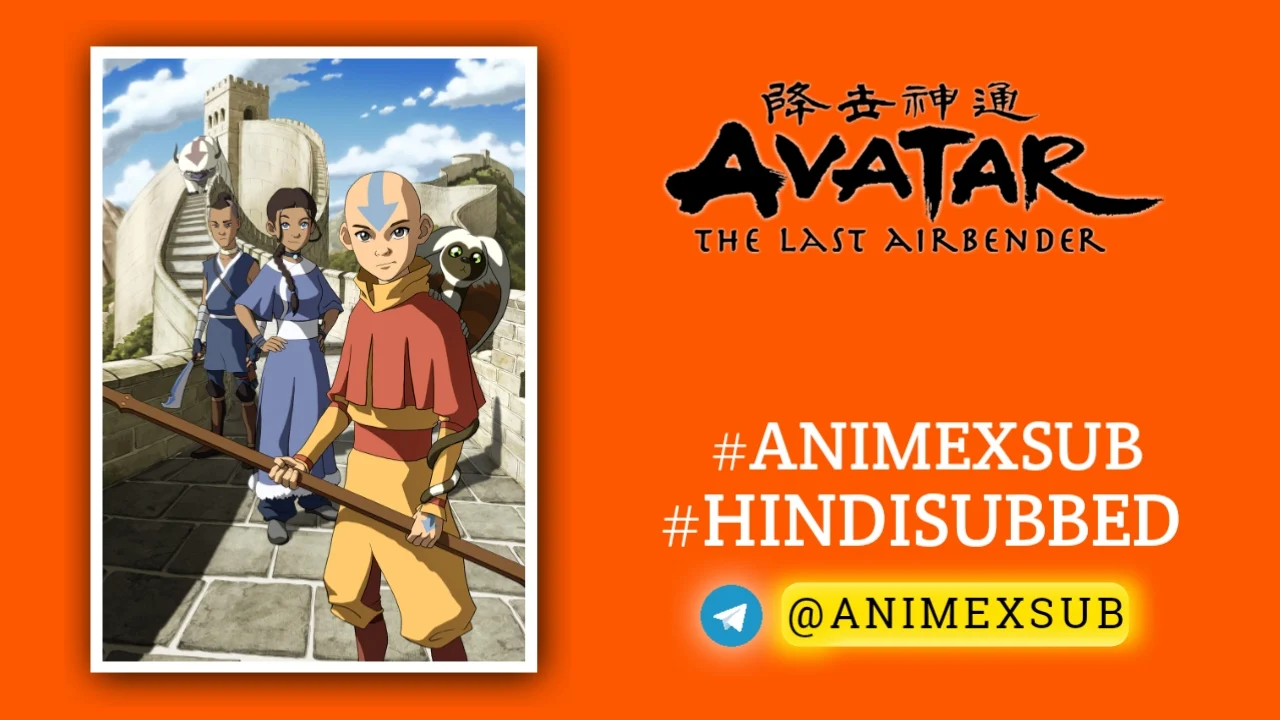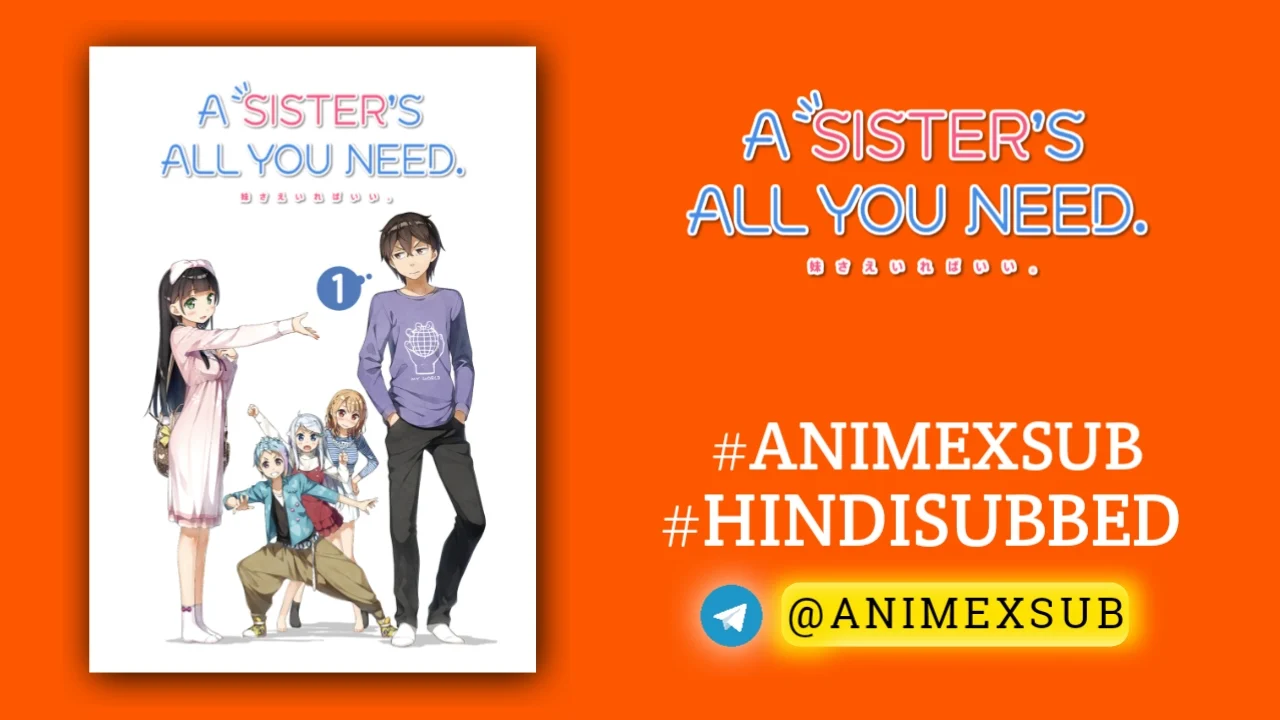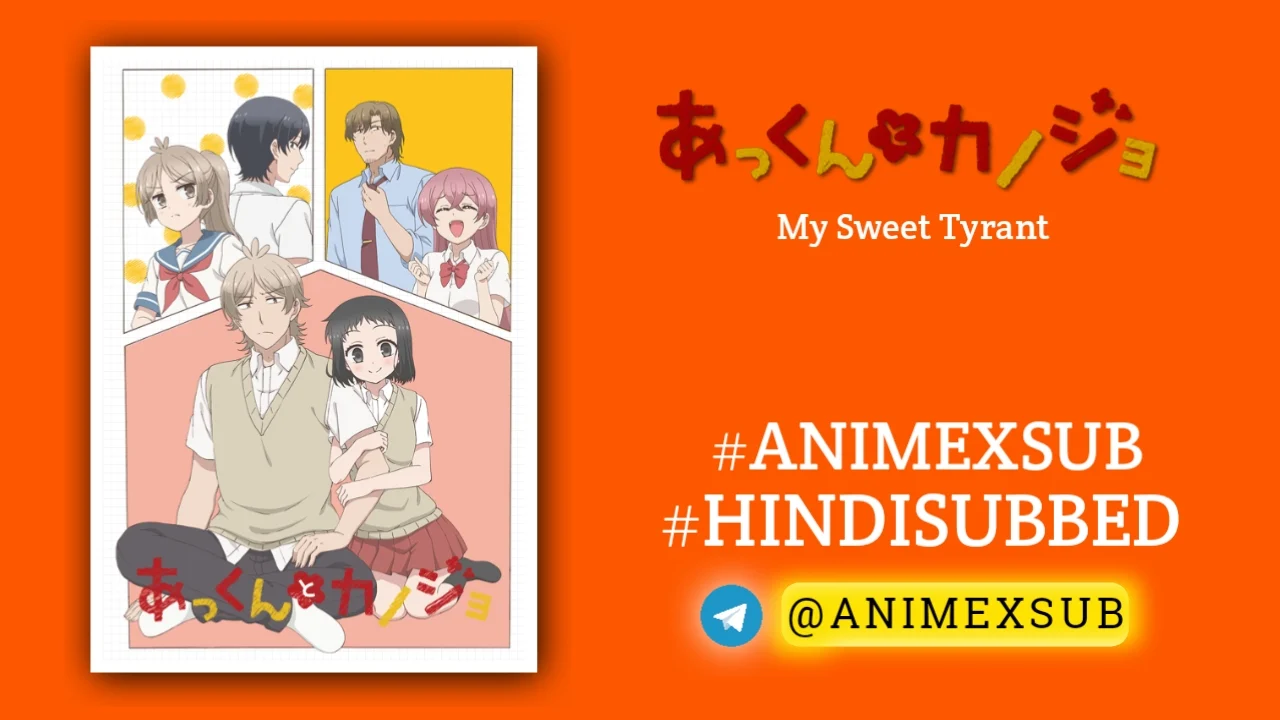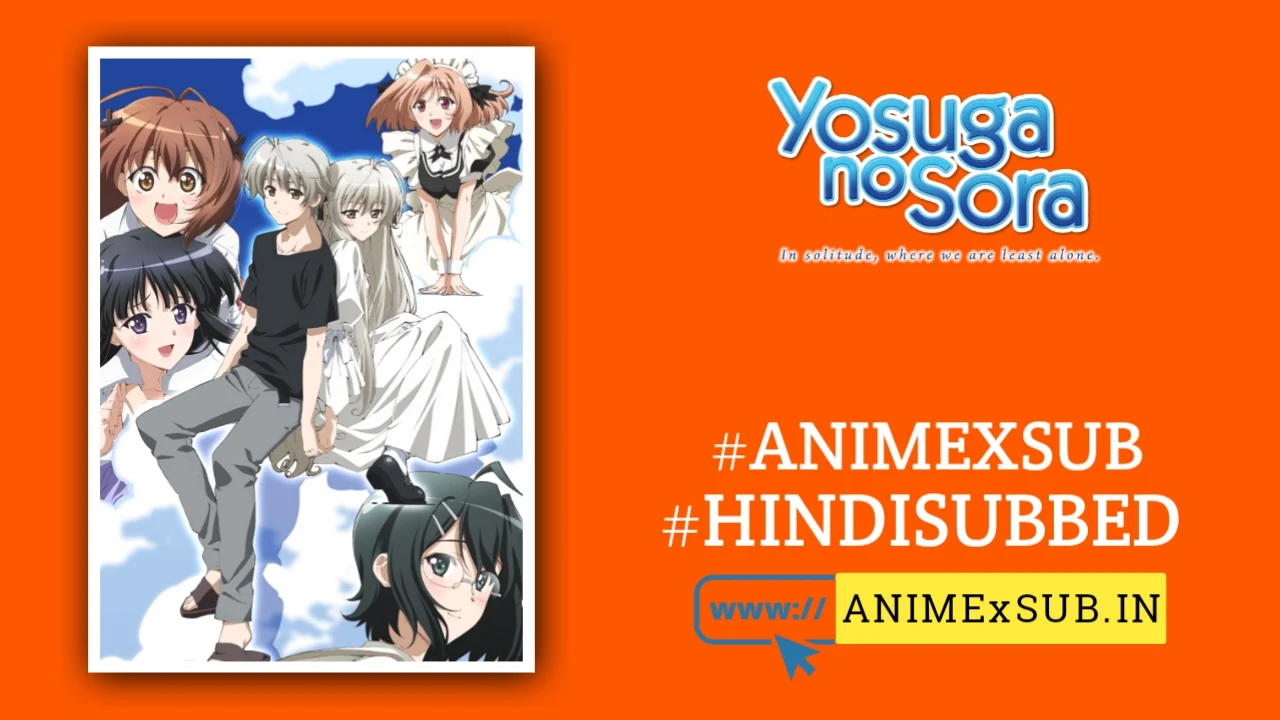
Yosuga no Sora: In Solitude, Where We Are Least Alone Hindi Subbed [12/12] | Yosuga no Sora Hindi Sub
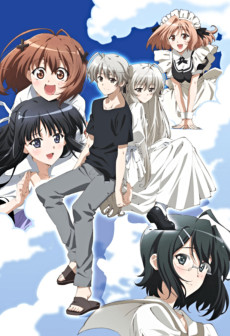
Yosuga no Sora
Yosuga no Sora: In Solitude Where We are Least AloneSynopsis
Haruka Kasugano and his twin sister Sora have lost both their parents in an accident, and with them all their support. They decide to move out of the city to the rural town where they once spent summers with their late grandfather. At first everything seems familiar and peaceful, but changes come as Haruka starts to remember things from his youth. (Source: Anime News Network)
Characters
A Deep Dive into Yosuga no Sora Season 1: A Polarizing Yet Profound Exploration of Love, Loss, and Moral Ambiguity
Yosuga no Sora: In Solitude, Where We Are Least Alone (2010) is an anime that dares to tread where few others venture, weaving a tapestry of raw emotion, controversial themes, and narrative experimentation. Adapted from the visual novel by Sphere, this 12-episode series follows the lives of twins Haruka and Sora Kasugano as they navigate grief, love, and identity after the tragic loss of their parents. While the show has garnered a reputation for its provocative “twincest” storyline, reducing it to this single element would be a disservice to its complex storytelling, atmospheric depth, and unflinching exploration of human relationships. This article offers a fresh, in-depth analysis of Yosuga no Sora Season 1, focusing on its narrative structure, character dynamics, thematic richness, and artistic merits, while steering clear of promotional fluff to deliver a critical, thought-provoking review.
A Unique Narrative Structure: Parallel Timelines and Emotional Resonance
What sets Yosuga no Sora apart from its contemporaries is its bold narrative structure, which mirrors the branching paths of its visual novel origins. Rather than following a linear storyline, the anime unfolds across four distinct arcs, each spanning 2-3 episodes and focusing on Haruka’s romantic relationships with different heroines: Kazuha, Akira, Nao, and Sora. These arcs function as parallel timelines, resetting to a common starting point after the twins move to their rural childhood home. This structure is not merely a gimmick but a storytelling device that underscores the show’s central question: how do choices shape relationships and destinies?
Each arc feels like a self-contained story, yet subtle differences in events and character interactions create a ripple effect, highlighting the consequences of Haruka’s decisions. For instance, Kazuha’s arc delves into her familial pressures and unresolved “daddy issues,” which remain unaddressed in other timelines where Haruka does not pursue her. Similarly, Nao’s arc is a standout for its intense, hair-pulling drama, blending jealousy, past regrets, and redemption in a way that feels both raw and relatable. This multi-timeline approach invites viewers to piece together the broader picture, encouraging reflection on how small moments can alter life’s trajectory.
However, this structure is not without flaws. The resets can feel jarring, and some arcs—particularly Akira’s—suffer from underdeveloped plotting, leaving certain character motivations vague. Despite this, the narrative experimentation is a refreshing departure from traditional anime storytelling, offering a choose-your-own-adventure feel that rewards attentive viewers.
Characters: Flawed, Human, and Unapologetically Real
At its core, Yosuga no Sora is a character-driven story, and its cast is both its strength and its Achilles’ heel. Haruka Kasugano, the protagonist, is a complex figure—empathetic yet frustratingly indecisive. His vulnerability, shaped by the loss of his parents, makes him relatable, but his tendency to blur the lines between love and lust can alienate viewers. This duality is intentional, reflecting the show’s exploration of moral ambiguity. Haruka is not a traditional harem protagonist; his choices carry weight, and the consequences of his actions ripple across each timeline.
Sora, his twin sister, is the emotional heart of the series. Her frail health, sharp tongue, and dependence on Haruka paint a portrait of a girl grappling with isolation and identity. Her arc, which culminates in the controversial sibling romance, is less about shock value and more about the complexities of co-dependency and forbidden love. The show contextualizes their relationship through their shared trauma and Sora’s childhood hospitalizations, which distanced her from Haruka and shaped her perception of him as more than a brother. While this storyline polarizes audiences, it’s handled with a surprising degree of sensitivity, forcing viewers to confront uncomfortable questions about love and morality.
The supporting heroines—Kazuha, Akira, and Nao—are more than mere romantic options. Kazuha’s struggle with familial expectations, Akira’s search for belonging, and Nao’s battle with guilt over past actions add layers to their arcs. However, the brevity of each timeline limits their development, leaving some characters feeling like sketches rather than fully realized individuals. Nao’s arc, in particular, stands out for its emotional depth, while Akira’s feels underwhelming, hampered by a lack of narrative focus.
Thematic Depth: Love, Loss, and the Gray Areas of Morality
Yosuga no Sora is not content with being a simple romance or harem anime. It dives headfirst into heavy themes: grief, identity, societal judgment, and the blurred boundaries of love. The death of the twins’ parents serves as the catalyst for their return to their childhood village, a setting that evokes nostalgia but also unearths painful memories. The rural backdrop, with its serene landscapes and quiet isolation, mirrors the characters’ inner turmoil, creating a haunting atmosphere that lingers long after the credits roll.
The show’s exploration of love is its most compelling aspect. Each arc examines a different facet—romantic devotion, familial loyalty, or forbidden desire—challenging viewers to question what constitutes “acceptable” love. The Sora arc, in particular, pushes boundaries by presenting a relationship that defies societal norms. Rather than glorifying or condemning it, the show leaves the moral judgment to the audience, asking: Who decides what is right or wrong? This ambiguity is both its strength and its controversy, as it refuses to provide easy answers.
Loss is another recurring theme, woven into every character’s story. Haruka and Sora’s grief is palpable, but so is Nao’s guilt over a childhood incident and Kazuha’s struggle to live up to her family’s expectations. These moments of vulnerability elevate the series beyond its ecchi surface, offering a poignant reflection on how loss shapes relationships.
Artistic Merits: A Visual and Auditory Masterpiece
Visually, Yosuga no Sora is stunning. The animation, handled by studio Feel, captures the idyllic beauty of the rural setting with lush greenery, shimmering lakes, and warm sunsets. Character designs are expressive, with subtle details—like Sora’s frail posture or Nao’s hesitant glances—conveying emotion without words. The show’s ecchi elements, while present, are tastefully integrated into the narrative, never overshadowing the emotional core.
The soundtrack is a standout, with haunting melodies and soft piano pieces that amplify the show’s melancholic tone. Tracks like the opening theme, Hiyoku no Hane, and the background score during pivotal scenes create an immersive atmosphere that enhances the storytelling. The voice acting, featuring talents like Hiro Shimono (Haruka) and Hiroko Taguchi (Sora), is equally impressive, bringing nuance to the characters’ emotional highs and lows.
Critical Reception and Controversy
Yosuga no Sora has a divisive reputation, as evidenced by reviews across platforms like IMDb, MyAnimeList, and anime forums. Some praise its emotional depth and unique structure, with one reviewer noting, “Beneath its ecchi surface lies a poignant exploration of love, loss, and identity”. Others, however, criticize its reliance on clichés and the polarizing Sora arc, with one reviewer calling it “a patchwork of standard eroge designs” with subpar writing. The incest storyline, confined largely to the final three episodes, has sparked heated debates, with some defending its complexity and others dismissing it as gratuitous.
Yet, even detractors acknowledge the show’s ability to provoke thought. As one fan on an anime forum put it, “Yosuga no Sora isn’t spectacular, but if you exclude the last three episodes, the show has some value”. This sentiment reflects the series’ polarizing nature: it’s a show that demands an open mind and a willingness to engage with uncomfortable themes.
Why It Stands Out: A Next-Level Experience
Yosuga no Sora Season 1 is not a perfect anime, but it’s a bold one. Its willingness to experiment with narrative structure, tackle taboo subjects, and explore the messiness of human emotions makes it a standout in the romance and drama genres. The parallel timelines offer a fresh perspective on choice and consequence, while the characters’ flaws make them relatable, if not always likable. The show’s visual and auditory beauty elevates its storytelling, creating an experience that is as captivating as it is unsettling.
For viewers who can look past the controversy, Yosuga no Sora offers a thought-provoking meditation on love, loss, and the gray areas of morality. It’s not for everyone—those uninterested in drama, ecchi, or morally ambiguous narratives may want to steer clear. But for those willing to give it a chance, the first two episodes serve as a solid litmus test for whether its unique blend of poignancy and provocation resonates.
Final Verdict
Yosuga no Sora Season 1 is a flawed yet unforgettable journey into the complexities of human relationships. Its innovative structure, atmospheric beauty, and fearless exploration of taboo themes make it a next-level anime that defies easy categorization. While pacing issues and underdeveloped characters hold it back, its emotional depth and thought-provoking questions linger long after the final episode. Whether you see it as a masterpiece or a mess, one thing is certain: Yosuga no Sora is an anime that refuses to be ignored.
Recommendation: Watch the first two episodes to gauge your interest. If the mix of drama, romance, and moral ambiguity hooks you, dive into the full series for a haunting, one-of-a-kind experience.
Support Our Anime Community!
Love watching the latest anime? Help us keep uploading new episodes by join telegram channel ❤️
Join Now!